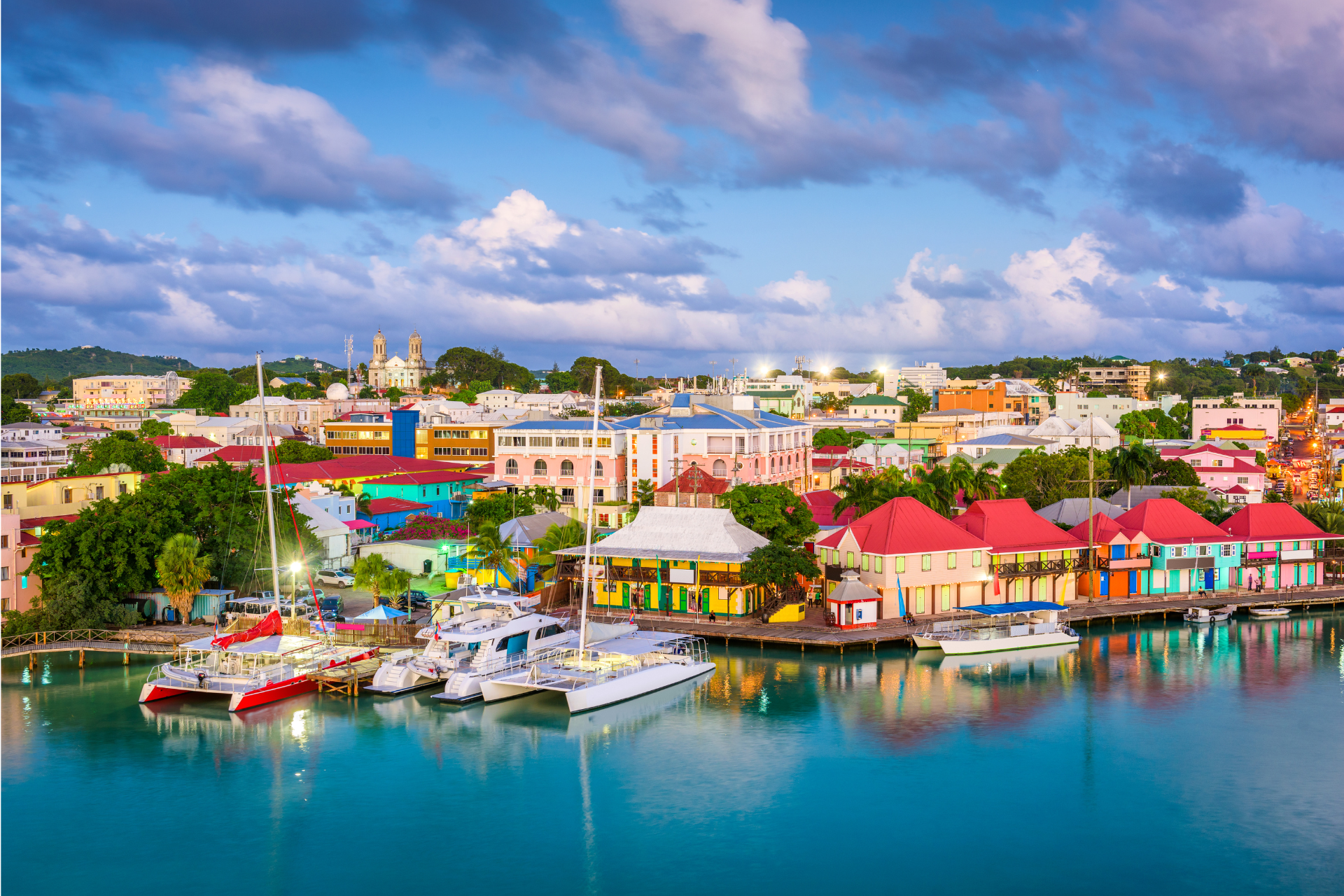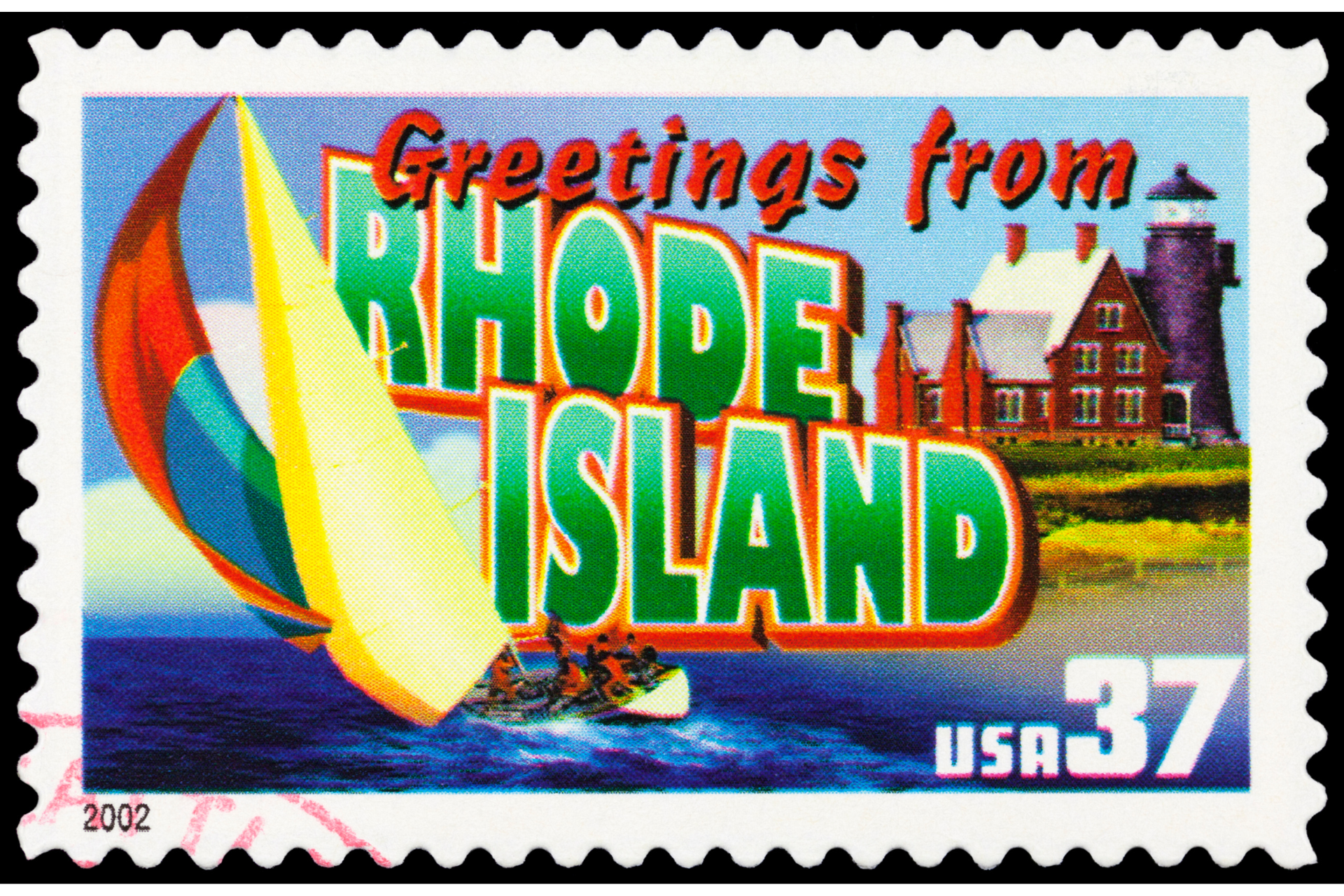Reports on the “Fiscal Cliff Bill” are finding humor in some of the provisions, including the extension of the cover-over subsidies on rum from Puerto Rico and the U.S. Virgin Islands. Some are reporting this as “a new tax” or a “rum subsidy,” and the Washington Post described it as one “of the more curious tax provisions,”saying, “Most of that money is transferred to Puerto Rico and the Virgin Islands, who use the revenue to support their rum industries.”
In the case of Puerto Rico, this is simply not true.
Excise taxes are basically indirect taxes on goods, often added into their prices and paid directly by consumers. An excise tax on rum was created by the 1790 congress of the United States. In 1917, when Puerto Ricans became citizens of the United States, excise taxes applied only to foreign liquor producers. Congress imposed an “equalization tax” on Puerto Rico in that year and returned most of the money to the legislature in Puerto Rico.
After the end of Prohibition, the government returned to taxing alcohol, and the taxes on rum and other liquor made up a good deal of the government’s income during the Great Depression.
Excise taxes vary from one place to another. For example, California wines have a different excise tax from those of New York. There is no standard amount or set of rules for excise taxes, by their nature.
Puerto Rico’s excise tax, according to the New York Times, “allowed the islands to replenish their depleted treasuries and pay for infrastructure, schools and social services. Puerto Rico used less than 10 percent of the $450 million it received last year to provide marketing support and production subsidies to rum companies, according to government officials, leaving the rest for the island.”
The cover-over program became controversial in recent years, when questions arose about how it was being used by the Virgin Islands (see our article on The Rum Wars).
Pedro Pierluisi introduced a bill in 2011 that would keep recipients of the cover-over from spending that money to promote the rum industry, as the Post suggested the tax was generally used. Pierluisi expressed regret once again that the “fiscal cliff” bill wasn’t used as an opportunity to improve the program.
The presentation of the cover-over as “pork” hidden in the new bill is inaccurate. The tax initially was intended to recognize that Puerto Rico’s rum should not be treated as a foreign product imported from a foreign country. After all, Puerto Rico is not a foreign country, and its people are citizens of the United States.


